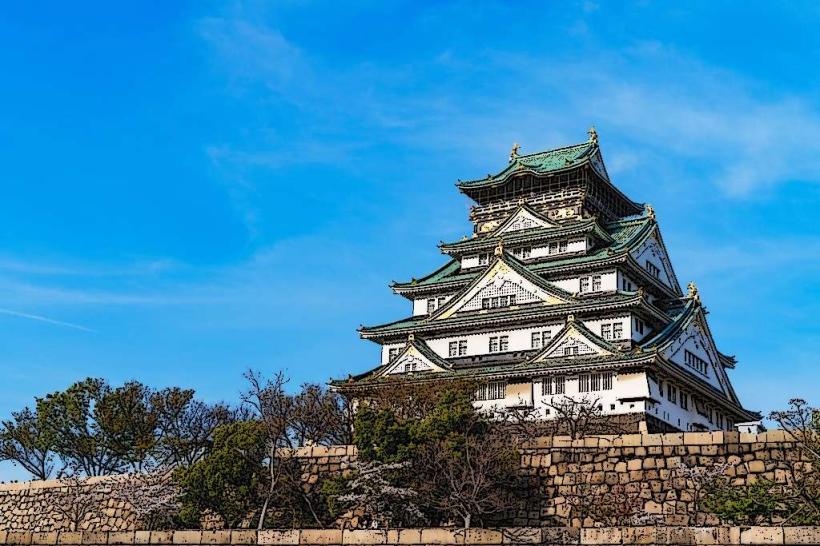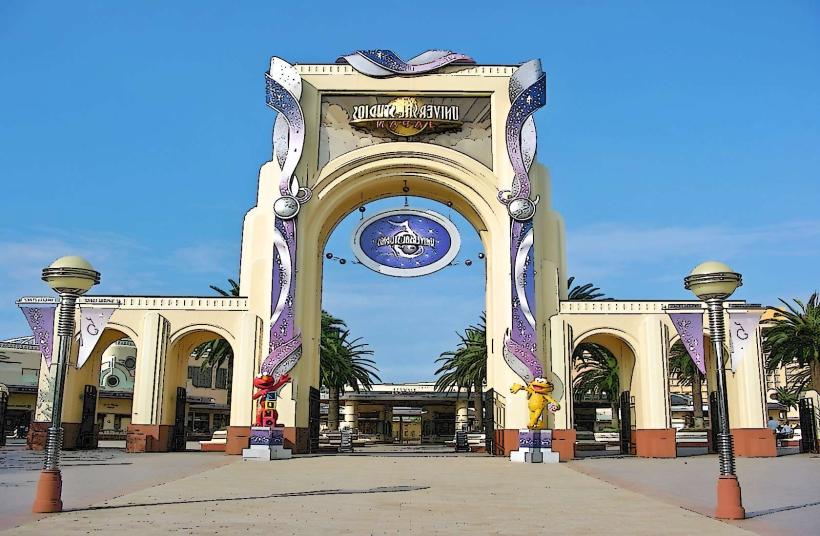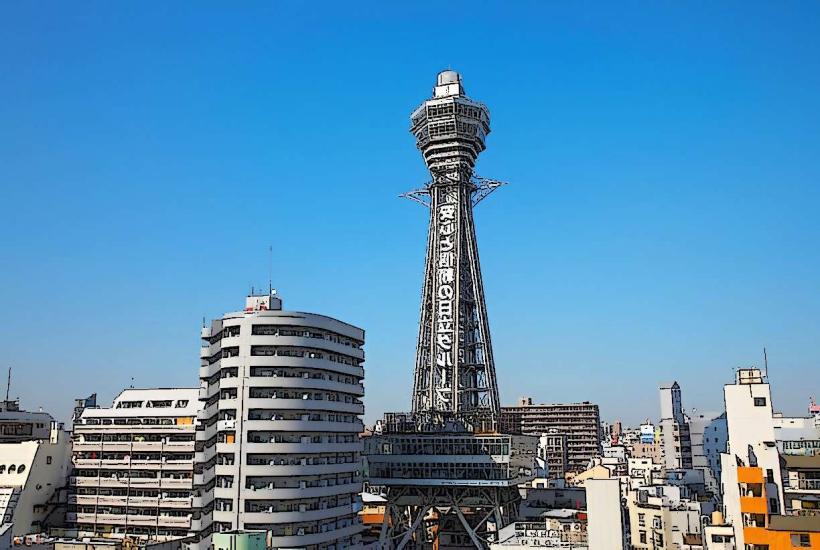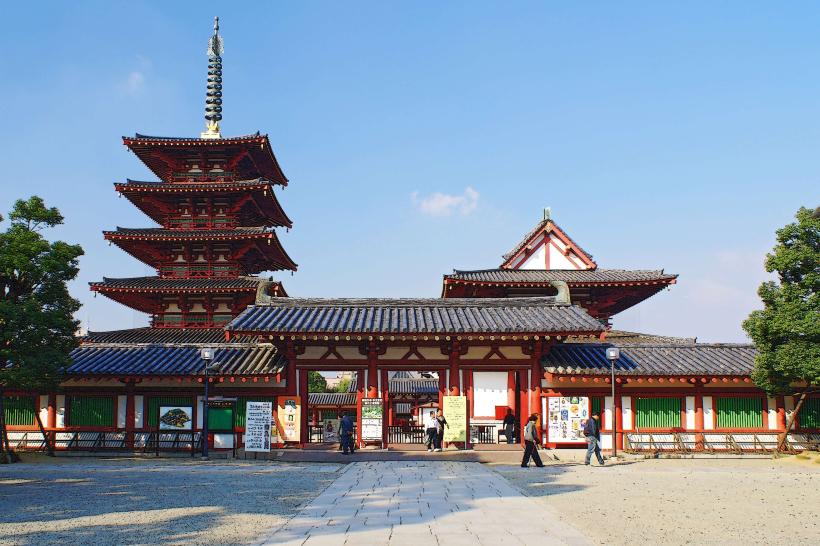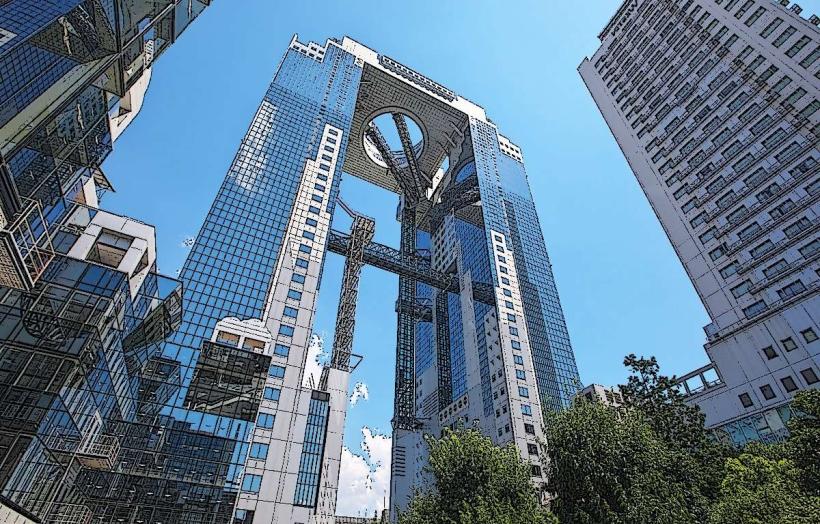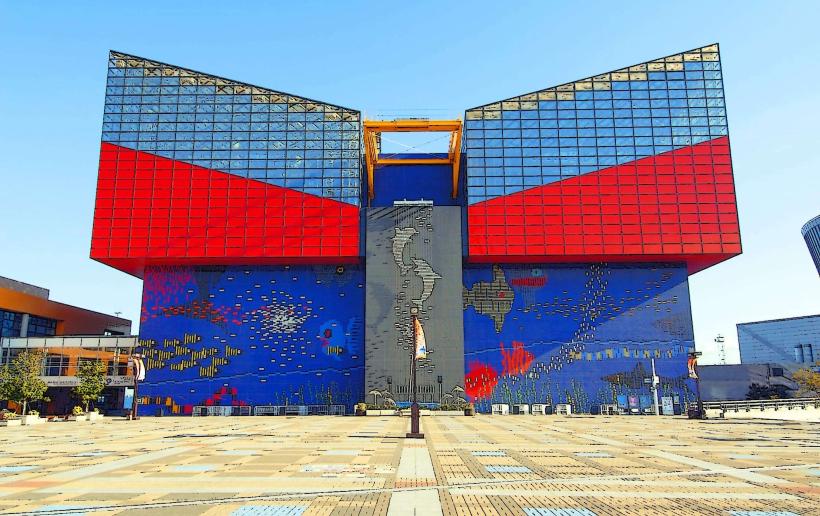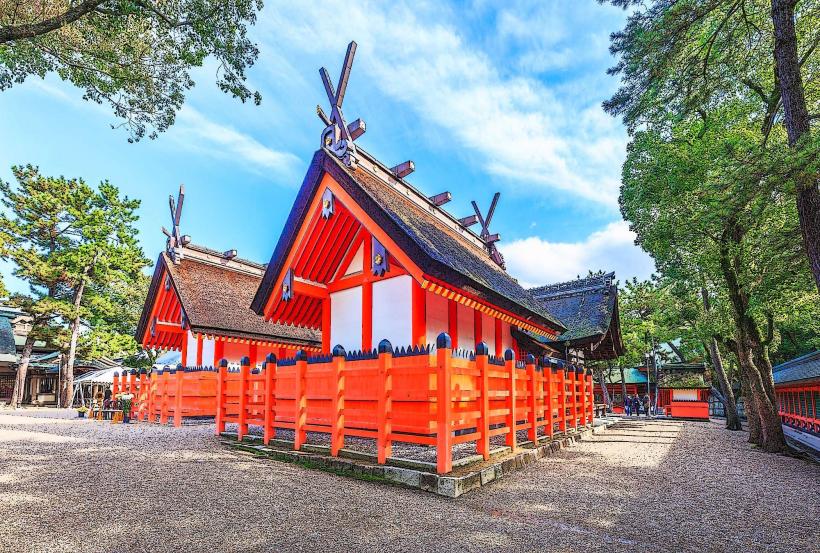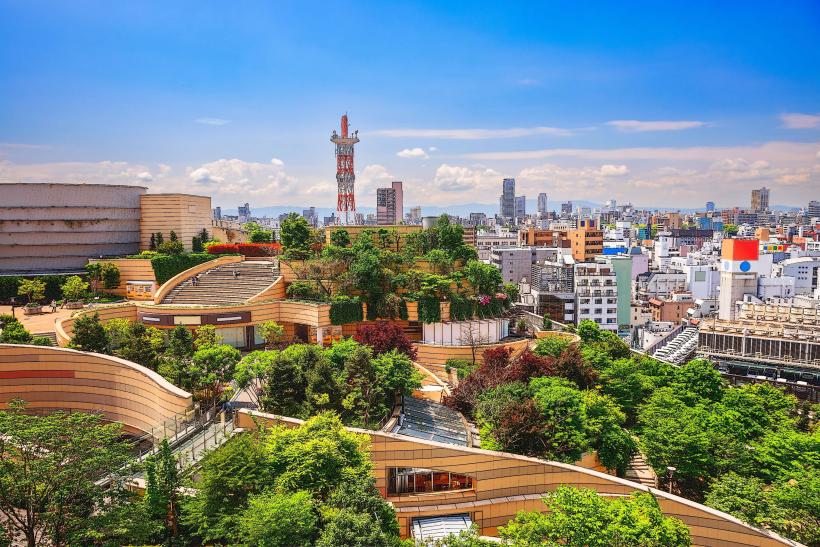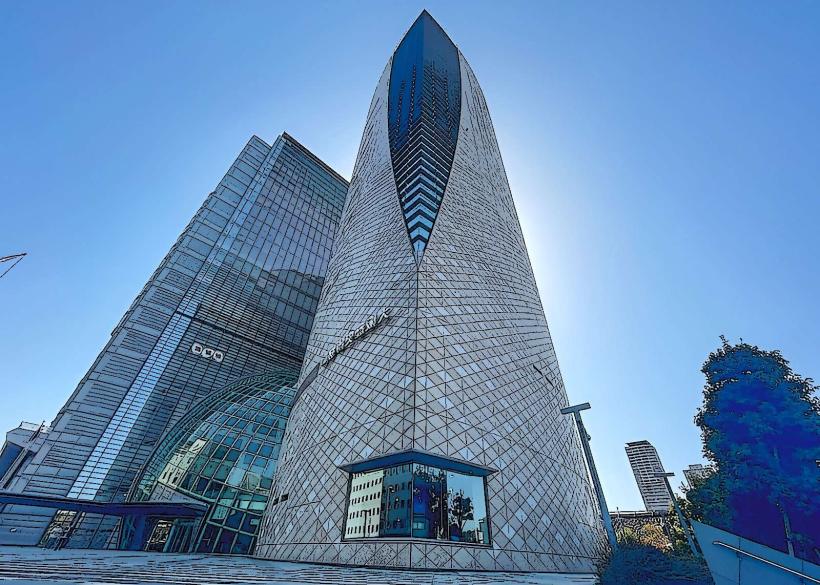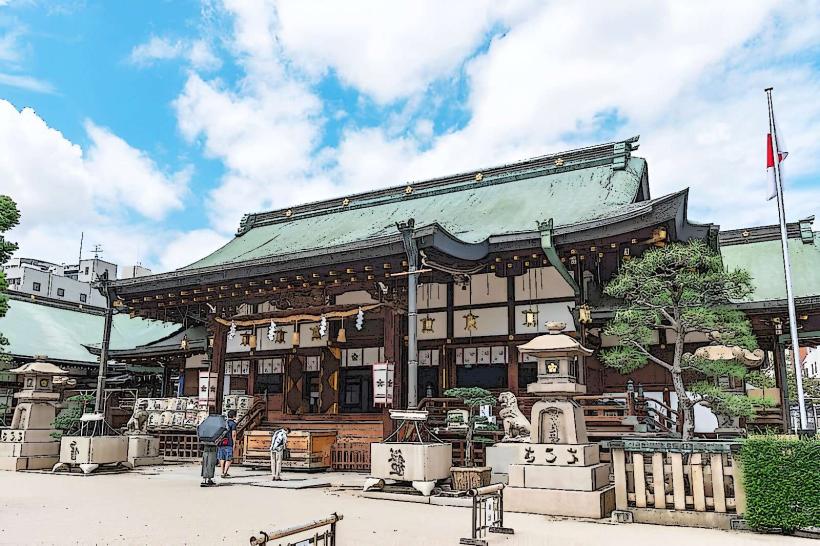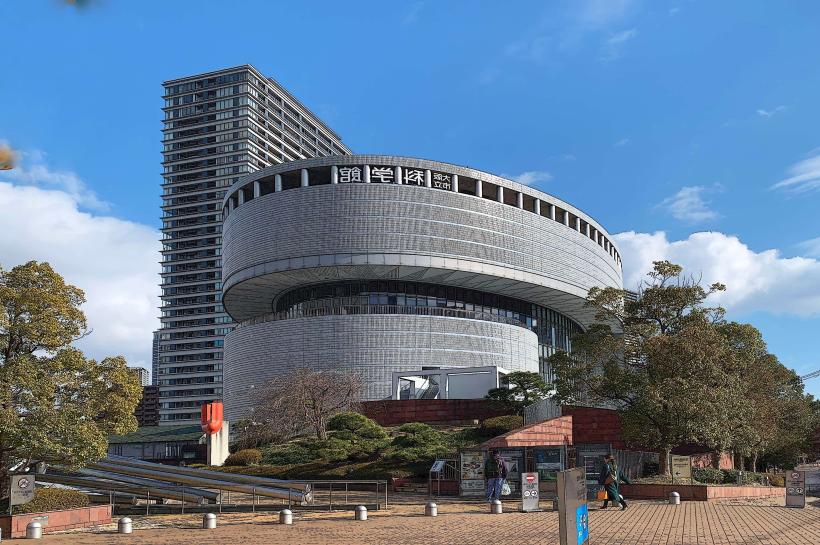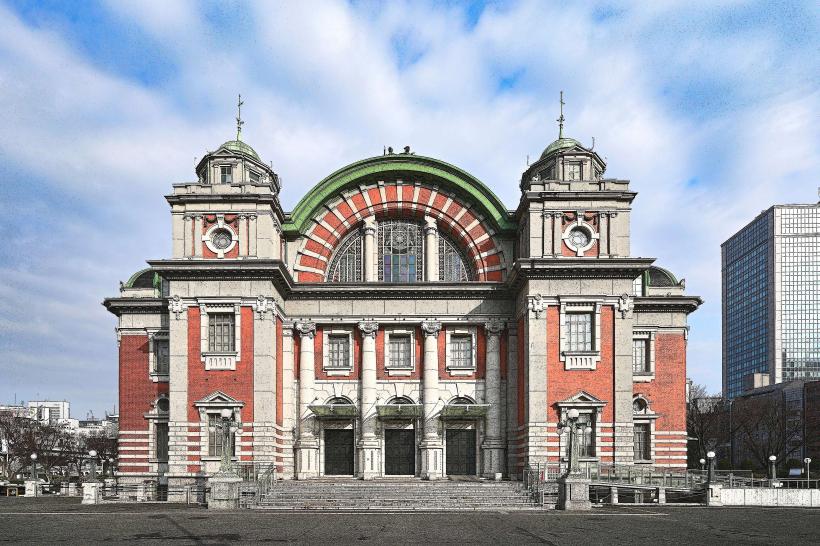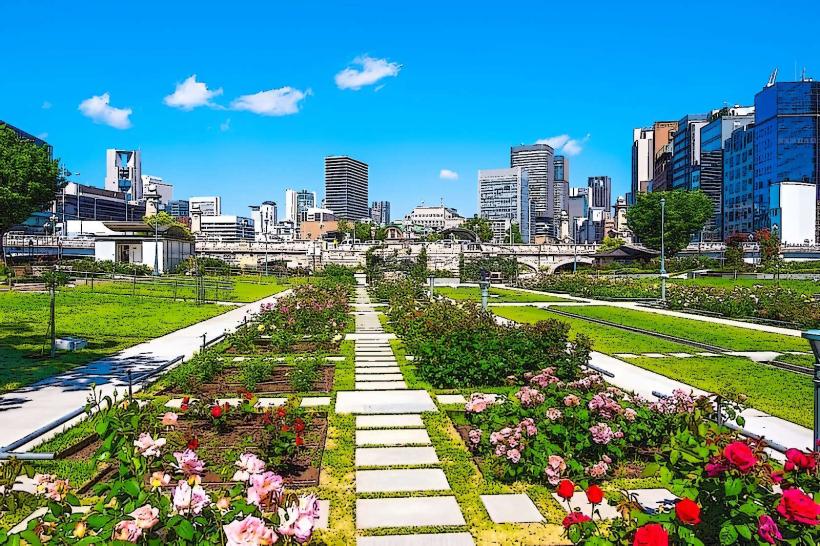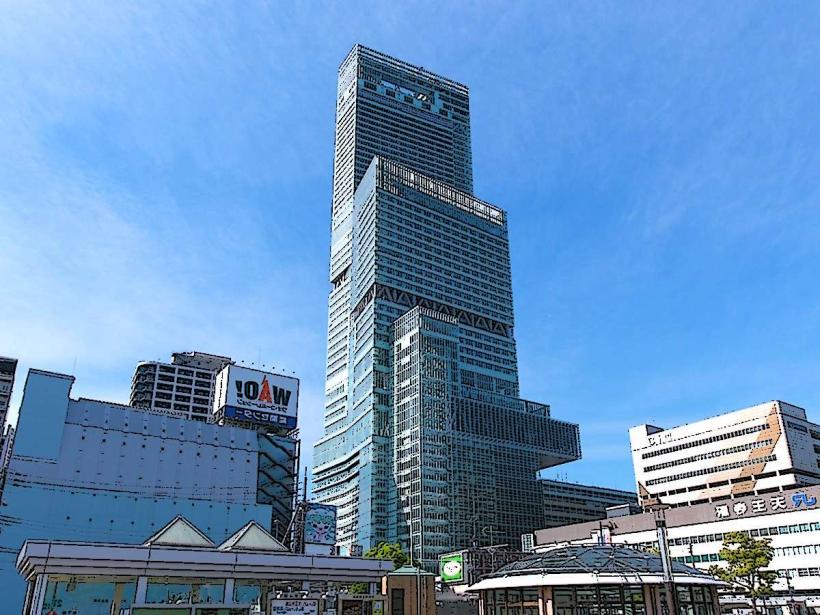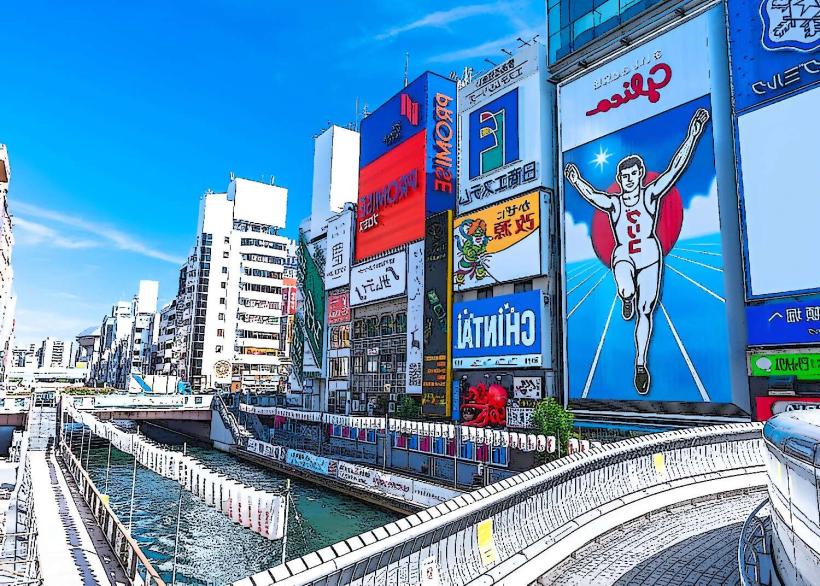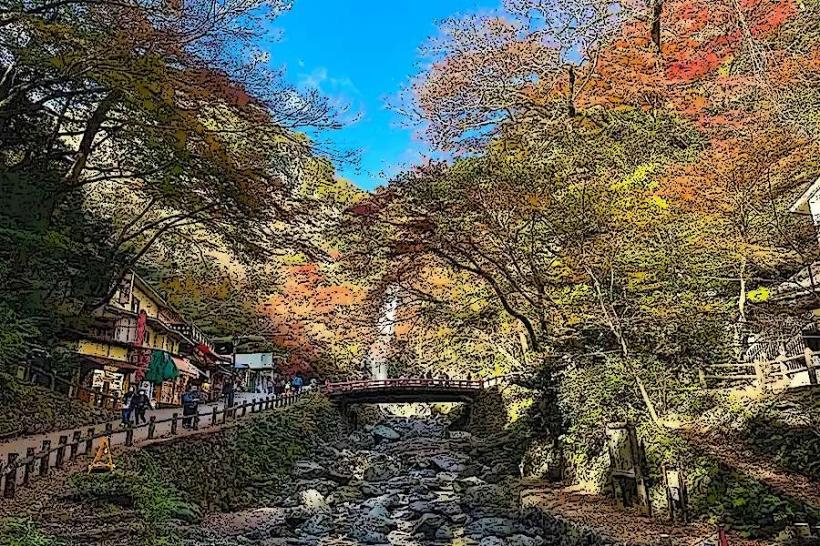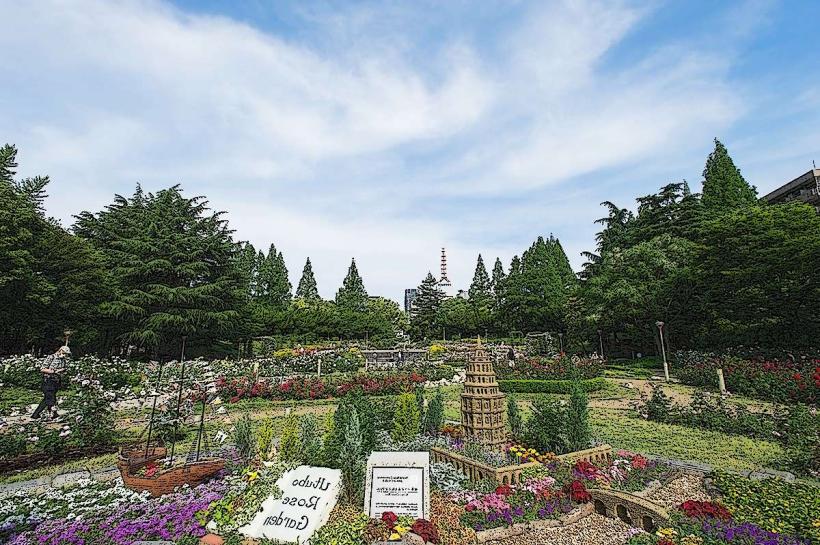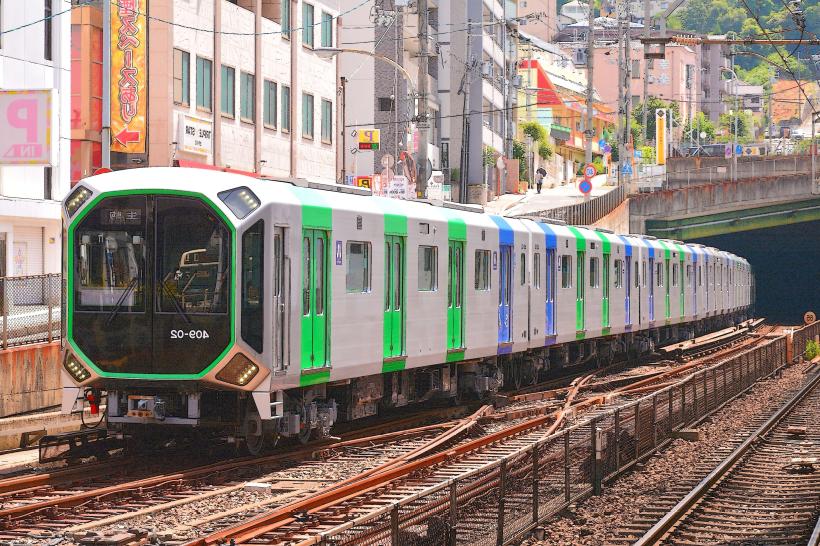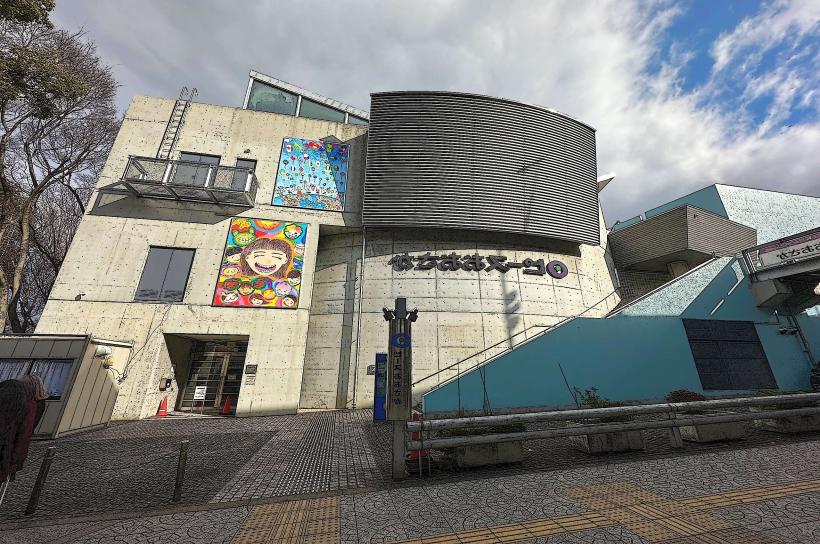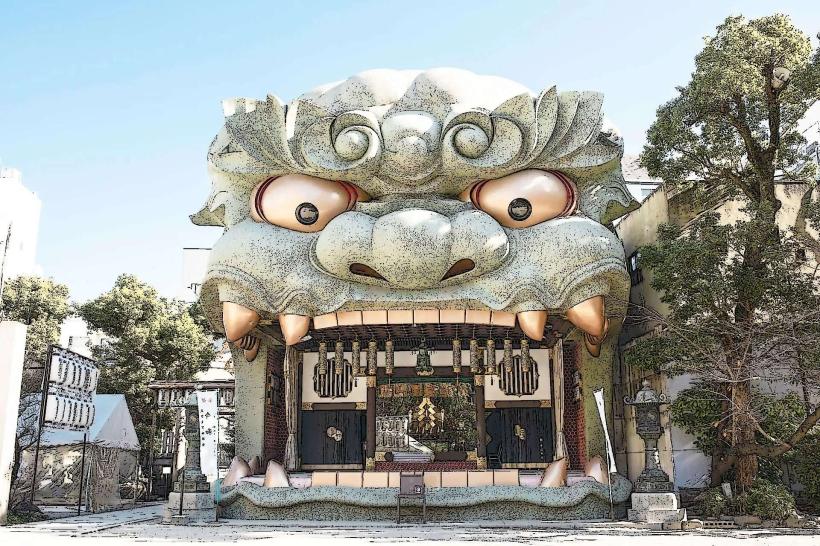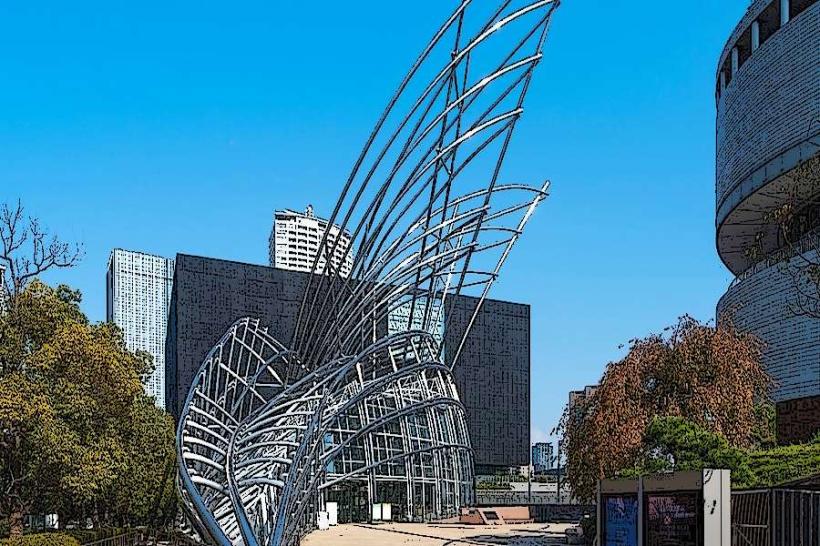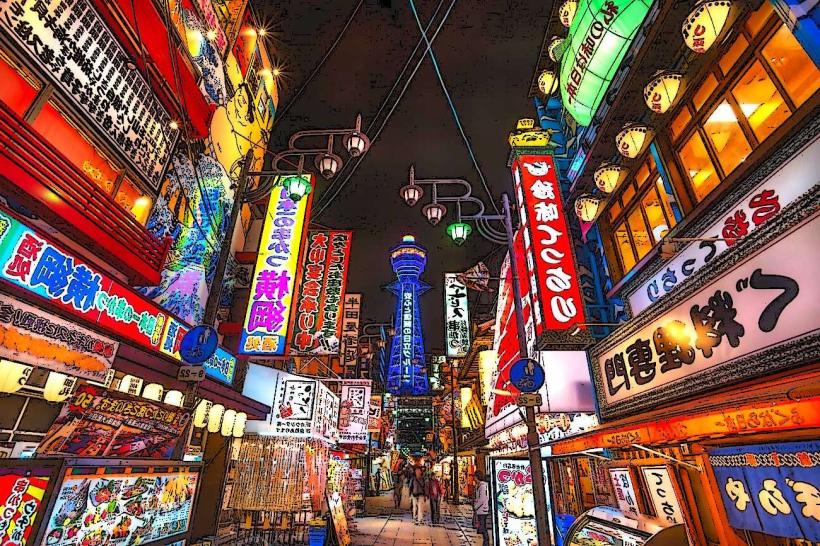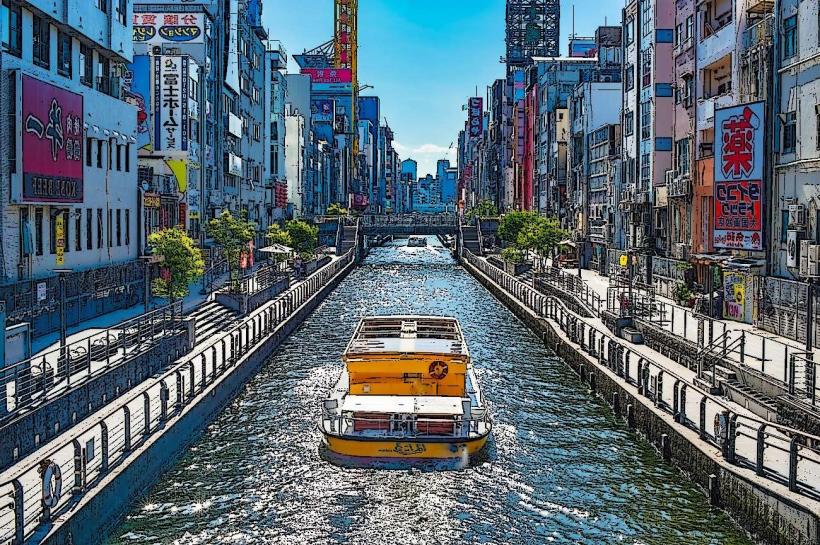Information
Landmark: DotonboriCity: Osaka
Country: Japan
Continent: Asia
Dotonbori, Osaka, Japan, Asia
Dotonbori is a prominent entertainment district located in the Chuo Ward of Osaka, Japan. It is situated along the Dotonbori Canal.
Visual Characteristics
The area is characterized by its dense concentration of illuminated signage, including large, animated billboards such as the Glico Running Man and the Kani Doraku crab. Buildings are primarily modern, constructed from concrete and steel, with facades often covered in advertising displays. The canal itself is approximately 10 meters wide and lined with concrete embankments.
Location & Access Logistics
Dotonbori is located approximately 2 kilometers southeast of Osaka Station. Access is primarily via the Osaka Metro. The nearest stations are Namba Station (Midosuji Line, Sennichimae Line, Yotsubashi Line) and Shinsaibashi Station (Midosuji Line, Nagahori Tsurumi-ryokuchi Line), both within a 5-minute walk. Several bus routes also serve the Namba area. Limited street parking is available, but paid parking garages are more common.
Historical & Ecological Origin
The Dotonbori canal was constructed in 1615 by Yasui Doton as part of a land reclamation project. It was originally intended to facilitate transportation and commerce. Over time, it evolved into a center for entertainment and dining.
Key Highlights & Activities
Visitors can observe the numerous large-scale animated signs. Boat tours operate on the Dotonbori Canal, offering views of the district from the water. The area is known for its extensive selection of street food vendors and restaurants offering local Osaka cuisine, such as takoyaki and okonomiyaki. Shopping is also a primary activity, with numerous retail outlets.
Infrastructure & Amenities
Public restrooms are available at various points, particularly within shopping centers and near subway stations. Many restaurants and covered shopping arcades provide shade. Cell phone signal (4G/5G) is generally strong throughout the district. Numerous food vendors and restaurants are present.
Best Time to Visit
The district is most visually impactful after sunset, from approximately 6:00 PM onwards, when the neon signs are fully illuminated. The months of April, May, October, and November offer mild weather conditions. The area is consistently busy, with peak crowds typically occurring on weekend evenings.
Facts & Legends
A local superstition suggests that if the Glico Running Man sign is ever removed, Osaka will experience a major earthquake. The area is also famously known as Osaka's kitchen, reflecting its status as a culinary hub.
Nearby Landmarks
- Shinsaibashi-suji Shopping Street (0.2km North)
- Hozenji Temple (0.3km West)
- Namba Parks (0.5km South)
- Kuromon Ichiba Market (0.8km Southeast)
- Osaka Castle (3.5km Northeast)

